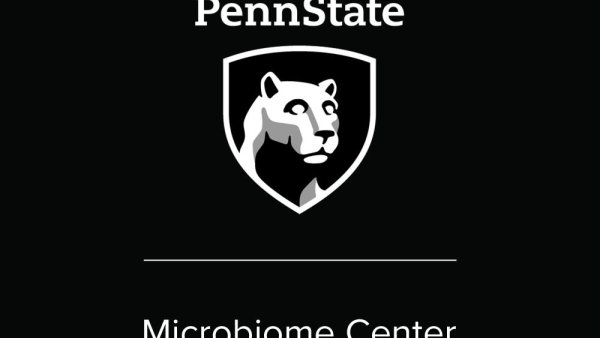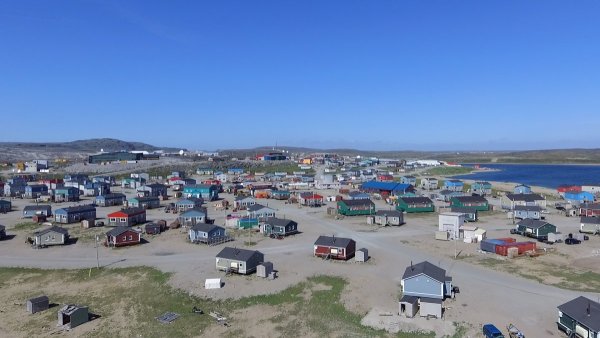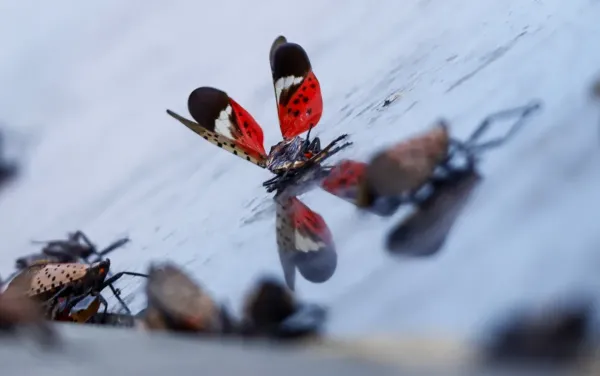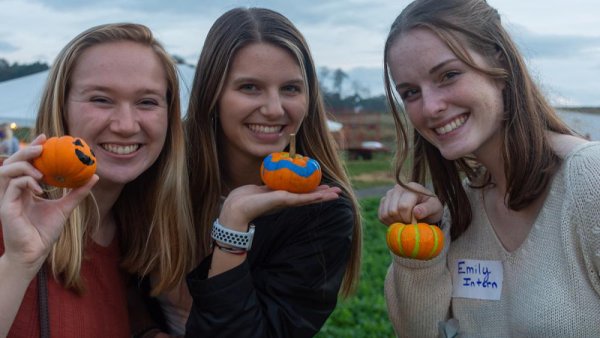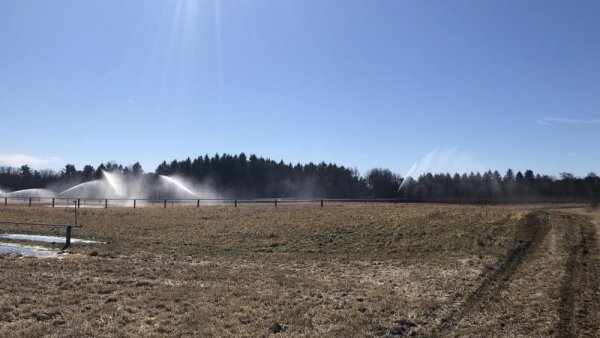Microbiome Center announces inaugural Interdisciplinary Innovation Fellows
| psu.edu
The first-ever round of Interdisciplinary Innovation Fellowships will support the work of Microbiome Center members and allow them to acquire knowledge and techniques to then share with other University colleagues.
Visualizing climate change through a documentary of the Inuit
| by Kirk French
As an anthropological filmmaker, Kirk French has been working with the Inuit to revisit the iconic film "Nanook of the North" and to document the environmental and cultural changes that have taken place there over the last century.
Six graduate students begin Translational Research Training Program
| psu.edu
Several Penn State graduate students with varied research interests — including the impact of housing insecurity on biological health, the role of probiotic consumption on inflammation and traumatic brain injury recovery — have started a yearlong training program in clinical and translational sciences.
As spotted lanternflies spread, some influencers go viral for capturing or killing them
| nbcnews.com
What started out as an informative social media campaign called “See it? Squish it!” has begun to collide with other internet phenomena, most notably ASMR. This article quotes Julie Urban, associate research professor in the Department of Entomology.
Student Farm to host Harvest Fest on Sept. 15, featuring music, food, activities
| psu.edu
The 7th annual Harvest Fest on the Dr. Keiko Miwa Ross Student Farm will be held from 5-8 p.m. on Sept. 15.
Social Science Research Institute welcomes Jessica Ho as cofunded faculty member
| psu.edu
Penn State’s Social Science Research Institute (SSRI) recently announced new cofunded faculty member Jessica Ho, who will join the institute in the 2022-23 academic year.
COVID-19 drugs persist in wastewater, may pose risk to aquatic organisms
| psu.edu
Certain drugs used to treat COVID-19 patients — including remdesivir, dexamethasone and antibiotics for associated bacterial infections — persist through wastewater treatment and may occur in waterways at levels high enough to negatively affect aquatic organisms, according to a new study led by researchers at Penn State. The findings highlight the broad utility of wastewater surveillance as a tool for monitoring the effects of human health on water quality and ecosystem health.
Ceramic material could improve MRIs by enabling faster times, better images
| psu.edu
An academic/enterprise partnership that includes Penn State researchers is developing a new dielectric material to enable magnetic resonance imaging (MRI) machines with shorter scan times and higher image resolutions, good news for cutting the cost of MRI scans for the hospitals and for patients who struggle with MRI-related anxiety.
New approach more than doubles stem cell editing efficiency, researchers report
| psu.edu
A Penn State-led team of interdisciplinary researchers has developed techniques to improve the efficiency of CRISPR-Cas9, the genome editing technique that earned the Nobel Prize in 2020.
Sweating keeps you cool, but climate change is making it harder
| npr.org
Our bodies couldn't endure the summer heat without sweating. But as the climate gets hotter, sweat isn't cooling us off like it used to. This National Public Radio segment features an interview with Larry Kenney, professor of physiology and kinesiology and Marie Underhill Noll Chair in Human Performance.
Local food boon spurred by pandemic may be short-lived, new research reports
| psu.edu
The COVID‐19 pandemic affected American households in countless ways, but according to researchers, some of the most tangible shifts are taking place in the food system.
Human skin stood up better to the sun before there were sunscreens and parasols – an anthropologist explains why
| theconversation.com
Our ancient ancestors didn’t have clothes or houses – but that constant exposure to the sun helped their skin protect itself from the worst sun damage.

